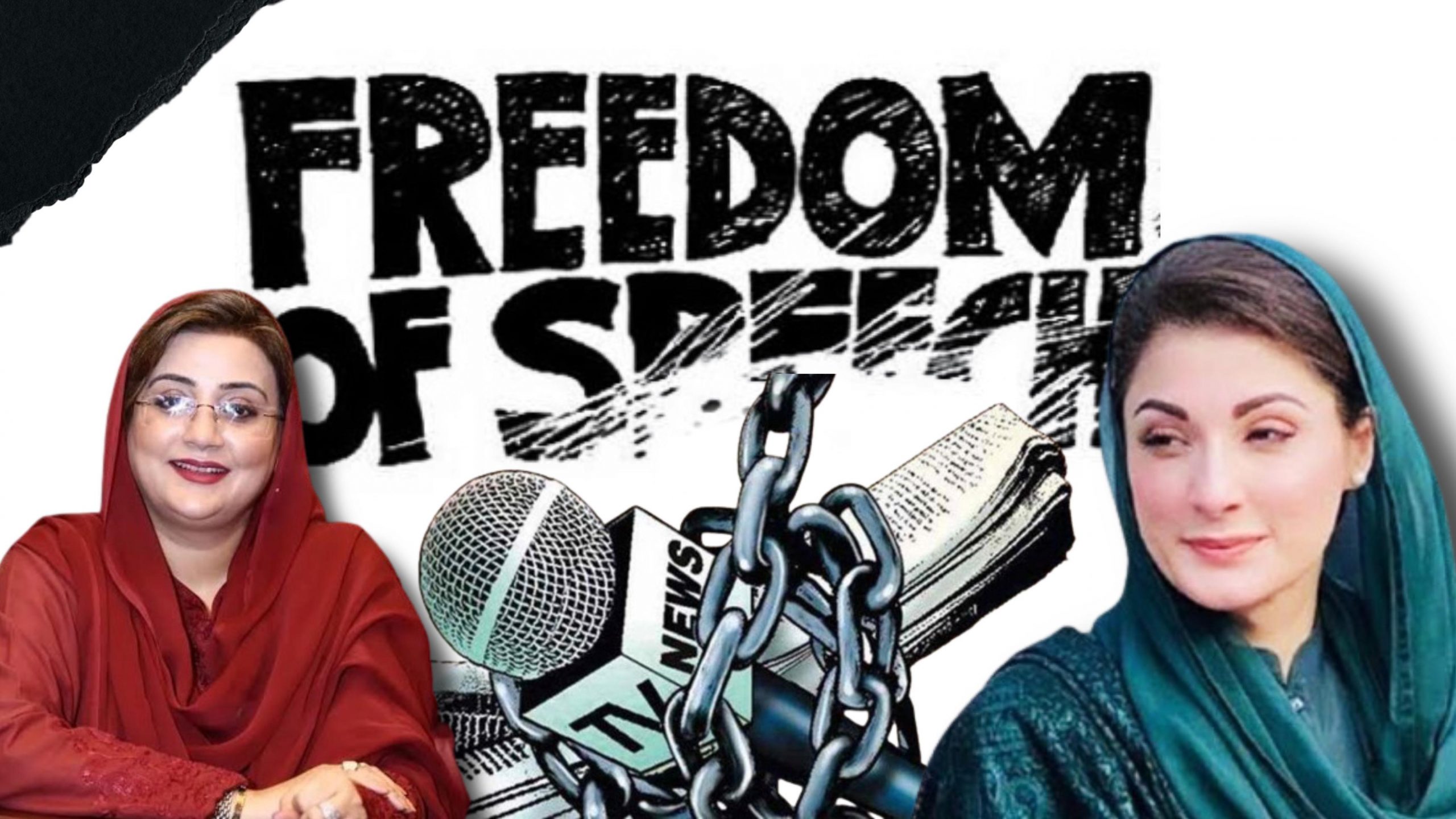Lahore, May 22, 2024 – The Punjab government’s recent passage of the Defamation Bill 2024 has ignited a firestorm of criticism from journalists and opposition lawmakers, who decry the legislation as a draconian measure designed to silence dissent. The bill’s approval on Monday, despite vehement protests in the Punjab Assembly, marks a significant departure from the principles that the Pakistan Muslim League-Nawaz (PML-N) once espoused.
The PML-N, previously seen as a champion of the people’s voice, now appears to be devising new strategies to suppress it. This shift in stance has drawn parallels to the party’s earlier introduction of the Pakistan Electronic Crimes Act (PECA), which later became a liability when the PML-N fell out of favor with the establishment. Critics warn that the new defamation law could similarly backfire, ensnaring the party in its own restrictive legislation should political tides turn against it again.
In the aftermath of the assembly session, the Lahore Press Club president highlighted the irony of Punjab Chief Minister Maryam Nawaz’s current position. Nawaz, who had vocally opposed the PTI’s attempts to strengthen PECA, now spearheads similarly oppressive legislation. This apparent flip-flop raises questions about the sincerity of her earlier stance, suggesting it may have been driven by political expediency rather than principle.
The president of the Lahore Press Club emphasized that defamation is a societal issue, not one confined to the Punjab government’s interests. The journalistic community had requested a mere week for the government to reconsider the bill and engage in consensus-building discussions. Simultaneously, opposition lawmakers proposed several amendments aimed at making the legislation more balanced and equitable.
By dismissing these requests, the Punjab government has shown a troubling disregard for democratic processes and stakeholder engagement. This pattern of excluding opposition voices and ignoring dissent is becoming a hallmark of successive Pakistani governments, contributing to a political process that struggles to deliver on its promises.
The controversial bill has underscored the necessity for the government to withdraw the legislation and re-engage with stakeholders. There remains a window of opportunity to rectify the situation and ensure that any defamation law enacted is fair, just, and reflective of democratic values.
The call for reconsideration is a critical reminder that legislation affecting public discourse should be approached with transparency and inclusivity. The Punjab government must heed these calls to avoid the pitfalls of past mistakes and uphold the democratic principles it once championed.
